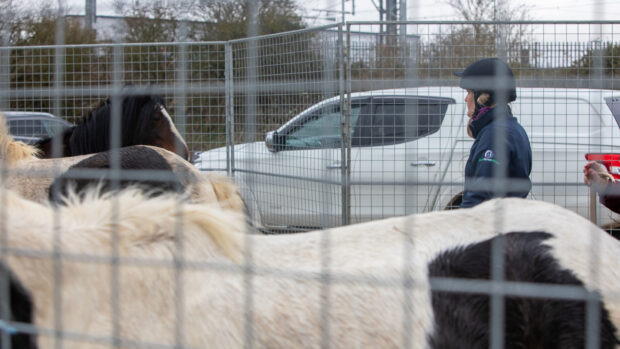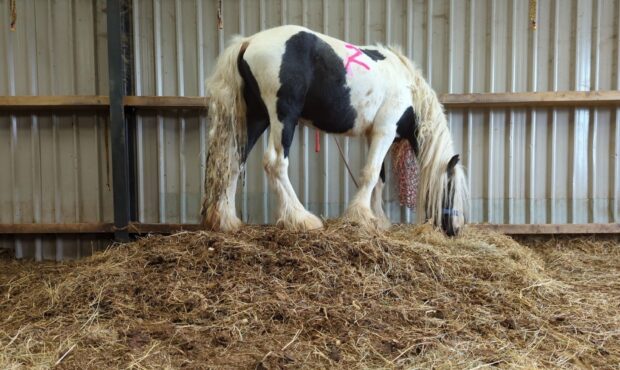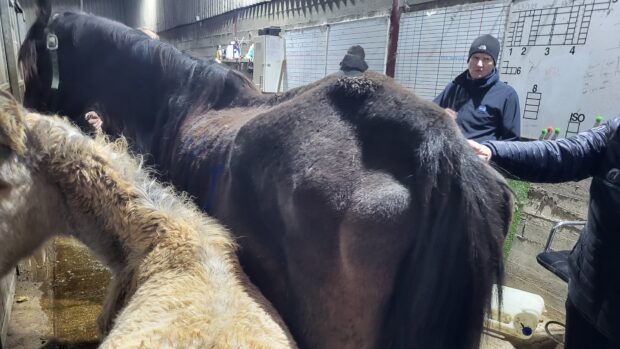Concerned about a horse’s welfare? The RSPCA explains how worried readers can best help the charity to support equines in need…
1. Get in touch
Most often, the RSPCA is alerted to a case by members of the public.
“If you have any welfare concerns you should ring us,” says RSPCA equine inspector Leanna Rice.
“A lot of the time we’re teaching people that how you treat your horse is not how every horse needs to be kept — it’s about educating the public as well as the owners.”
Calls are graded according to their urgency — the most critical will be seen that day as a priority — and an officer is sent to assess the horse.
The charity can be contact by calling 0300 1234 999 or at www.rspca.org.uk
2. Give detailed information
You will be asked to give a description of what you have seen or heard, so be ready to give your name, address and telephone number and the date, time and place of the offence.
The controller will ask a series of questions about the animal in concern, including where it is kept, if it has access to food and water, if it expresses normal behaviour and if it appears to have any illness or injury.
3. Be patient
Due to the high volume of calls the RSPCA receives and their limited resources, it isn’t always able to respond immediately to calls. The public are urged to be patient.
“If you’re concerned the situation is worsening, please contact us again,” the charity advices.
Like this? You might also enjoy reading these:
How the RSPCA saves horses in a crisis *H&H VIP*
Not an easy job — my day with the RSPCA
4. Think twice before feeding
Well-meaning members of the public are often tempted to feed a neglected horse. However, if the horse is found to have access to hay and water, regardless of who is supplying it, the charity is limited in the help it can offer.
“We need people to take a step back and trust that we will check on the horse every day and monitor the situation with a vet,” says Leanna.




